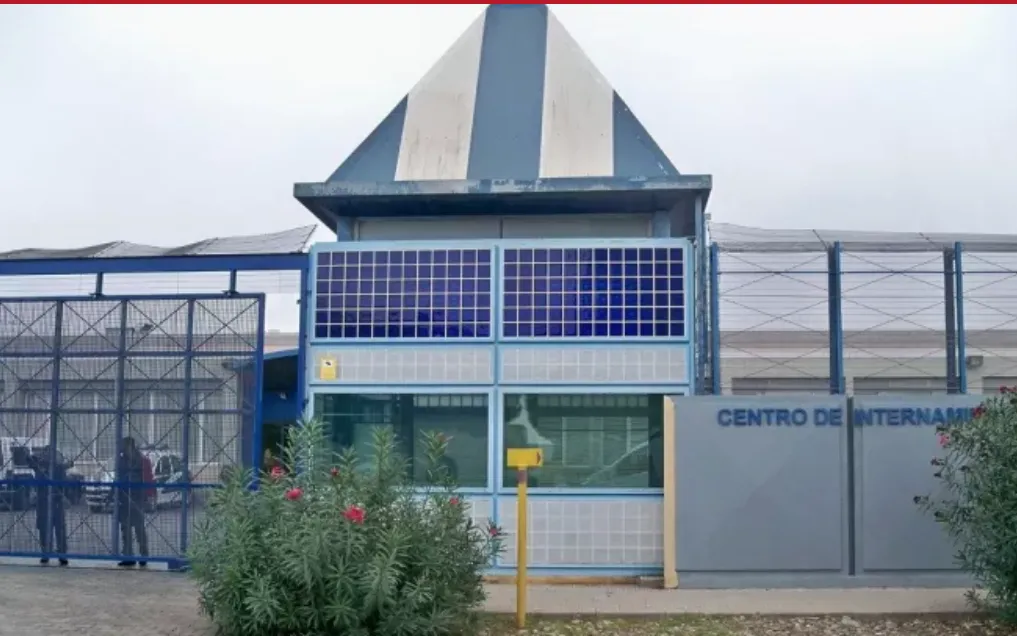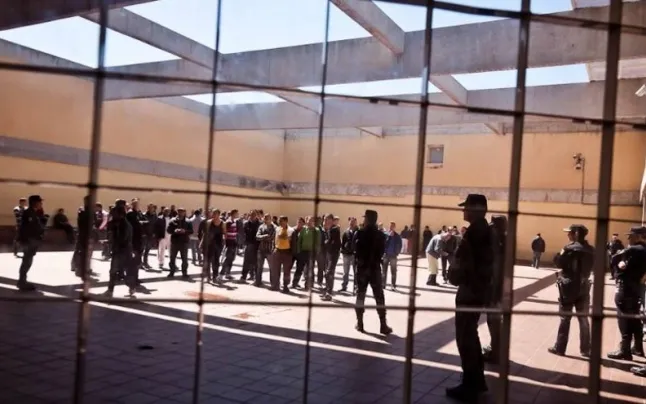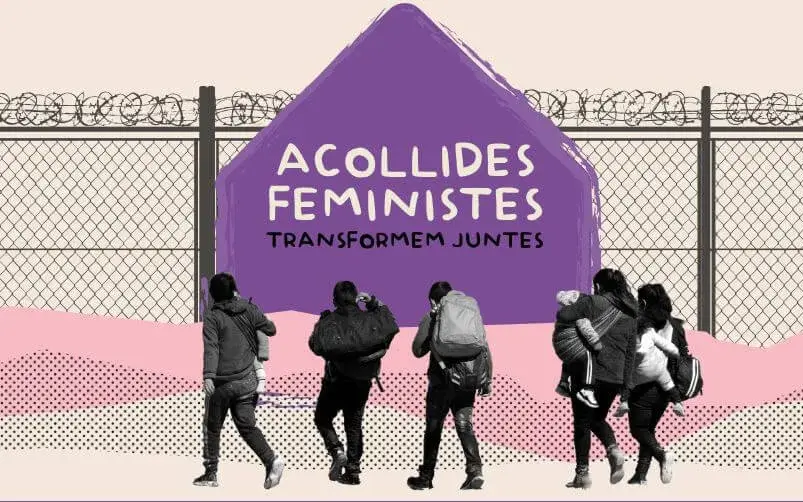Irídia states in the CIE 2020 Report that at least three complainants have been deported a few days after their complaints of ill-treatment were filed.
Six complaints have been filed by Irídia for incidents of institutional violence against national police officers of the Centre d’Internament d’Estrangers (CIE, Centre for the Internment of Foreigners) in Barcelona. This is the "worrying" figure that appears in the CIE 2020 Report published by the entity and which assesses, based on its own work, the Human Rights violations detected in the centre located in the Zona Franca during 2020.
Although the Barcelona CIE has been closed for six months due to the pandemic, Irídia - Centre for the Defence of Human Rights has filed more complaints this year against officers in charge of custody than in 2019, when four were submitted. "It's a worrying increase," said Andres Garcia, co-director of the human rights organisation.
Garcia attributes this increase to several factors, such as the naming of a new interim director of the centre and the lack of qualifications of the officers to perform custody tasks. "The officers are not qualified to perform these functions, it’s the only place in the country where national police officers perform such custody tasks," Garcia said.
In total, Irídia is representing ten cases of institutional violence before the courts, counting open cases from previous years and other cases that have been closed due to the fact that the deportation of the victims of assault has made it impossible to continue with criminal proceedings. In all cases, inmates report physical assault by the officers, as well as vexatious and degrading treatment.
Human Rights Violations
As the report notes, the first two complaints were filed for two alleged assaults that occurred in January 2020—and therefore before the declaration of the state of alarm. Both people were expelled without being allowed to make a statement or receiving an offer of action by the court.
The third complaint, filed for events that took place in the context of the pandemic, was also for an alleged assault. In this case, it is unknown whether the person was deported prior to the border closure or whether they were released.
The other three reported cases are for events that took place in the context of the reopening of the CIE in the fall of 2020, one of them also for assault, and the other two in a context of isolation for having tested positive for Covid-19. The two inmates for whom the complaint has been filed describe absolutely inhumane and very degrading quarantine conditions, both due to where they were placed and for the treatment received at the hands of some of the officers.
Deportations after the complaint
The co-director of the human rights organisation denounces that, when allegations of ill-treatment have been filed, the courts have not acted quickly, creating a situation of impunity, since at least three of the people who are represented have been deported. "The deportation took place only a few days after filing the complaint, which generates a great feeling of impunity. What we are asking for is that action be taken quickly and professionally," explains García.
Also, as the report notes, "most courts do not properly and urgently assess the precautionary measures requested to prevent the early deportation of a complainant from filing the case."
The report also highlights the structural shortcomings of the court-appointed defence system. Irídia highlights the physical distance between the lawyer and the inmate, the absence of videoconferencing mechanisms, and the fact that translation services are not guaranteed in communications, as reasons that make it impossible to ensure a proper defence system. "We believe that this creates a helplessness in people," adds García.
On the other hand, Irídia considers that the action of the control courts of the CIE of Barcelona has not been what was expected during the context of the pandemic. On October 16, 2020, Irídia, together with Migrastudium, filed a complaint requesting the precautionary closure of the CIE in the face of information indicating that several people had been infected with Covid-19, and that, in case the closure was not carried out, the court issue protective measures in the framework of the pandemic. To date, there is still no response from either court of control.
Irídia’s demands
The report’s findings include some recommendations and demands from Irídia. One of them is the need for greater transparency in the data regarding deportations and internments in the CIE. "There is a need for a statistical system that is updated monthly with information about the people who are detained for issues of immigration and the deportations that are carried out. The lack of transparency in this regard complicates the task of monitoring carried out by entities like ours," says Garcia.
The report also includes some of the demands of the entities, such as a regulatory change, that the law on foreigners be repealed and a law on the management of migration processes that respects human rights be approved, in addition to carrying out a process of regularization of an urgent nature at the same time. "There are many people who have been living here for a long time in a situation of legal, social and economic exclusion as a result of this situation of prolonged irregularity," laments the co-director of Irídia.
If you want to read the full report, you can access it through this link.








Add new comment